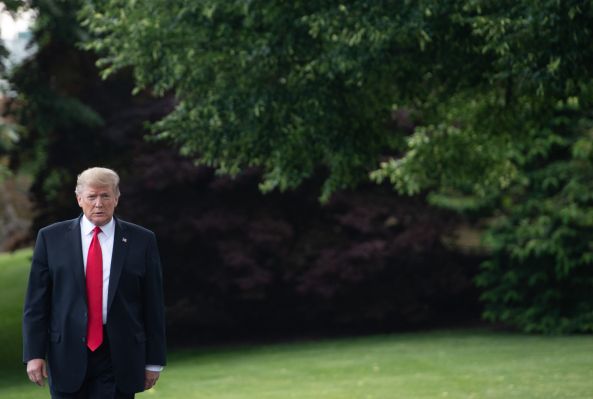Two steps forward, one step back.
The Trump administration has seemingly been trying to calibrate its strategy around its intensifying trade dispute with China. Last week, it effectively banned Huawei from importing U.S. technology, a decision that forced several American companies, including Google, to partly sever their relationships with the Chinese handset and telecom provider.
Now, in an unpublished draft of a note in the Federal Register, the Department of Commerce and its Bureau of Industry and Security announced that Huawei would receive a “90-day temporary general license” to continue to use U.S. technology that it already has a license to. New technology and mobile phone models requiring new licenses would still need to apply for them — and those licenses are unlikely to be approved, according to Reuters.
Reasons for the drawback are unclear. One answer might be the impact on American jobs. The Information Technology and Innovation Foundation, a tech industry-backed research group, argued in a new report today that export controls could cost up to $56.3 billion in damage to the U.S. economy and up to 74,000 jobs, depending on their scale. Obviously, the tech industry is mostly opposed to new tariffs or export controls, and the Trump administration has made American jobs a centerpiece of its domestic policy agenda.
The other answer might be that China is now fulminating against the actions and subtly threatening access to rare earth materials. President Xi Jinping toured a rare earths facility this weekend, in what was perceived by political analysts as a subtle reminder of China’s outsized role in rare earths exports, in which it is the world’s largest.
Regardless, the new temporary reprieve won’t do much to change the underlying trade calculus, but it may afford Huawei a little breathing space to figure out what it should do next without U.S. technology.
